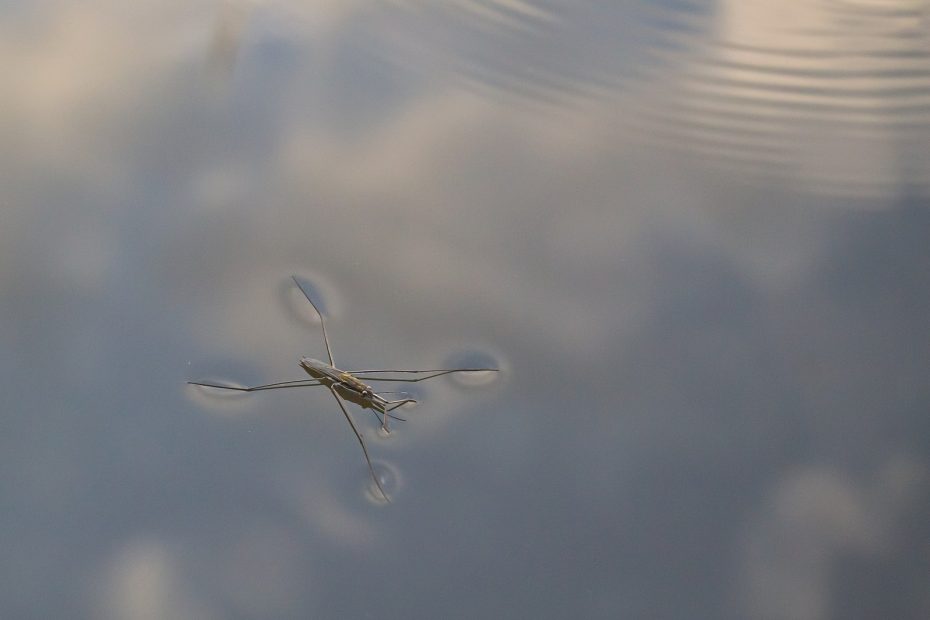By W. George Scarlett
Image by Olexandr Ostrovyi, CC BY 4.0, via Wikimedia Commons
Bugs sucking the blood of other bugs, hawks grabbing and tearing apart squirrels, coyotes howling after a kill – if ever someone gets sentimental about nature and speaks only of nature’s wonders, that person has missed something central about nature, namely, that nature works on a different ethic than that of most humans. If we can think of nature as having an ethic, it would be an ethic focusing mostly on the health of the ‘whole’ not the individual – of the habitat and systems within systems that sustain life and make our planet livable. To appreciate what seems cruel in nature, we therefore need to drop the term “cruel” and replace it with a deep understanding about how nature works to keep habitats and our planet healthy.
So, how do we get that message across to children who might not be ready to manage the feelings elicited when witnessing nature’s seeming cruelty? With multiple and proper supports and constant sensitivity to their feelings, children can gradually replace the anthropocentric ways of seeing nature as cruel and come to understand and appreciate nature’s ways of caring for the whole. The film “This is why water strikers make terrible lifeguards.” provides one example. Note the humor in the title and the upbeat, engaging voice of the narrator which together help viewers digest (😎) what’s going on in the film.
This is Why Water Striders Make Terrible Lifeguards:


Thank you for your post. I really enjoyed reading it, especially because it addressed my issue. It helped me a lot and I hope it will also help others.
Thanks for your help and for writing this post. It’s been great.